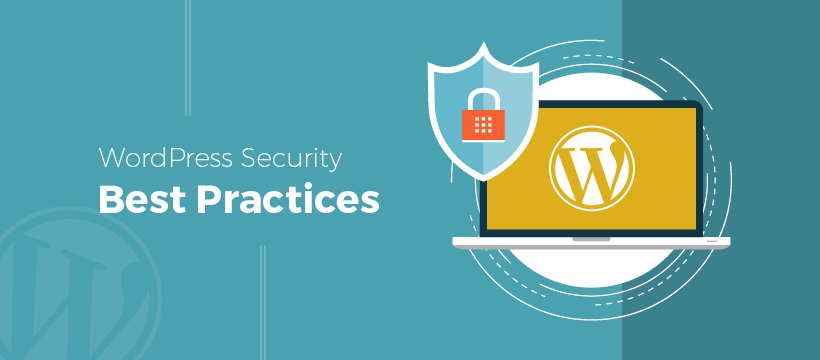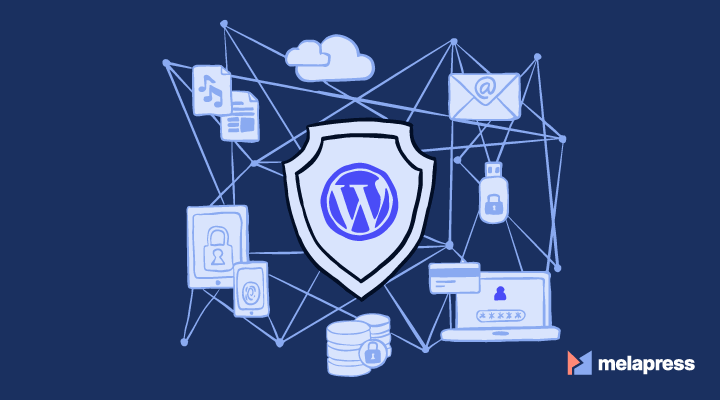WordPress security is critically important because WordPress sites are frequent targets of evolving cyber threats such as brute force attacks, cross-site scripting (XSS), and malicious code injections. Without proper security measures, a breach can lead to stolen data, malware infections, reputational damage, financial loss, or complete site compromise. Therefore, every WordPress site owner must prioritize security to protect their website, users, and business integrity.
Key reasons why WordPress security is essential include:
-
Popularity and Targeting: WordPress powers about 43% of all websites globally, making it a prime target for cybercriminals exploiting vulnerabilities in the core software, plugins, and themes.
-
Evolving Threat Landscape: Attacks like XSS, SQL injections, and brute force attempts are increasing, with real-world consequences such as data breaches and site defacement.
-
Protecting Data and Reputation: Security breaches can expose sensitive user data, damage customer trust, and harm a site’s reputation, which can be costly and difficult to recover from.
-
Maintaining Site Functionality and SEO: Security issues can disrupt site operations and lead to penalties or blacklisting by search engines, negatively impacting traffic and revenue.
To mitigate these risks, site owners should implement best practices such as:
-
Using secure hosting providers with robust security features.
-
Regularly updating WordPress core, themes, and plugins to patch vulnerabilities.
-
Limiting login attempts and enabling two-factor authentication to prevent brute force attacks.
-
Disabling PHP execution in untrusted directories to block malicious code execution.
-
Conducting regular security audits and monitoring for suspicious activity to identify and address issues proactively.
-
Backing up the site frequently to enable recovery in case of compromise.
In summary, prioritizing WordPress security is indispensable for safeguarding websites against increasingly sophisticated cyber threats, ensuring data integrity, maintaining user trust, and protecting business continuity.





